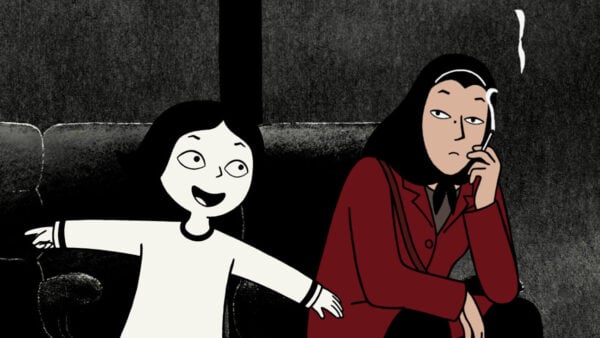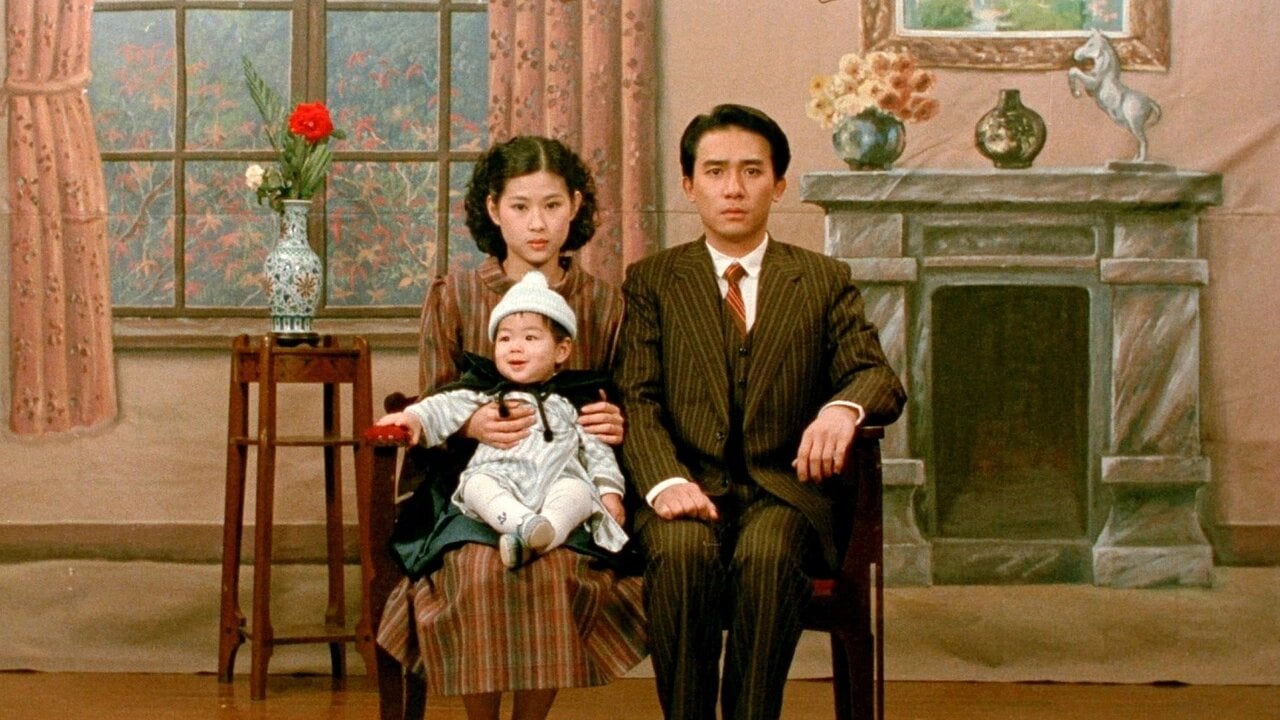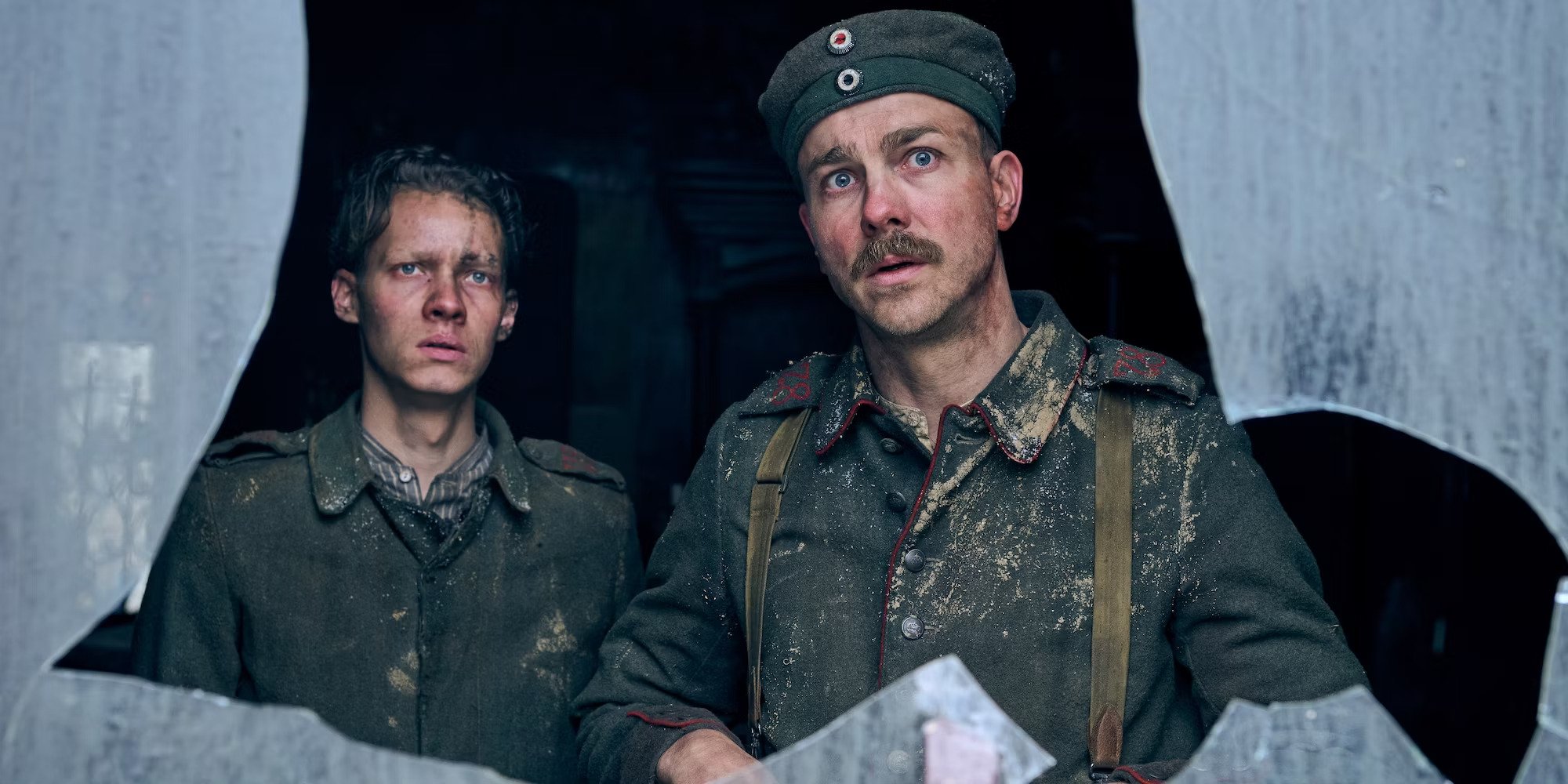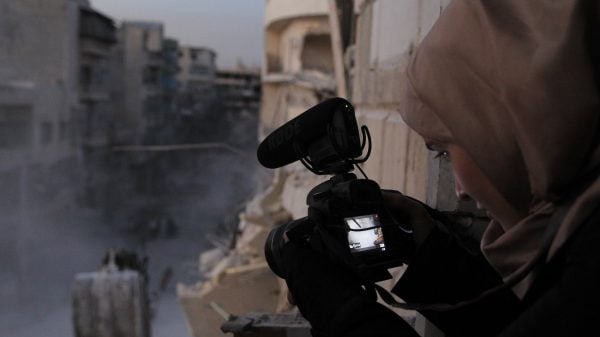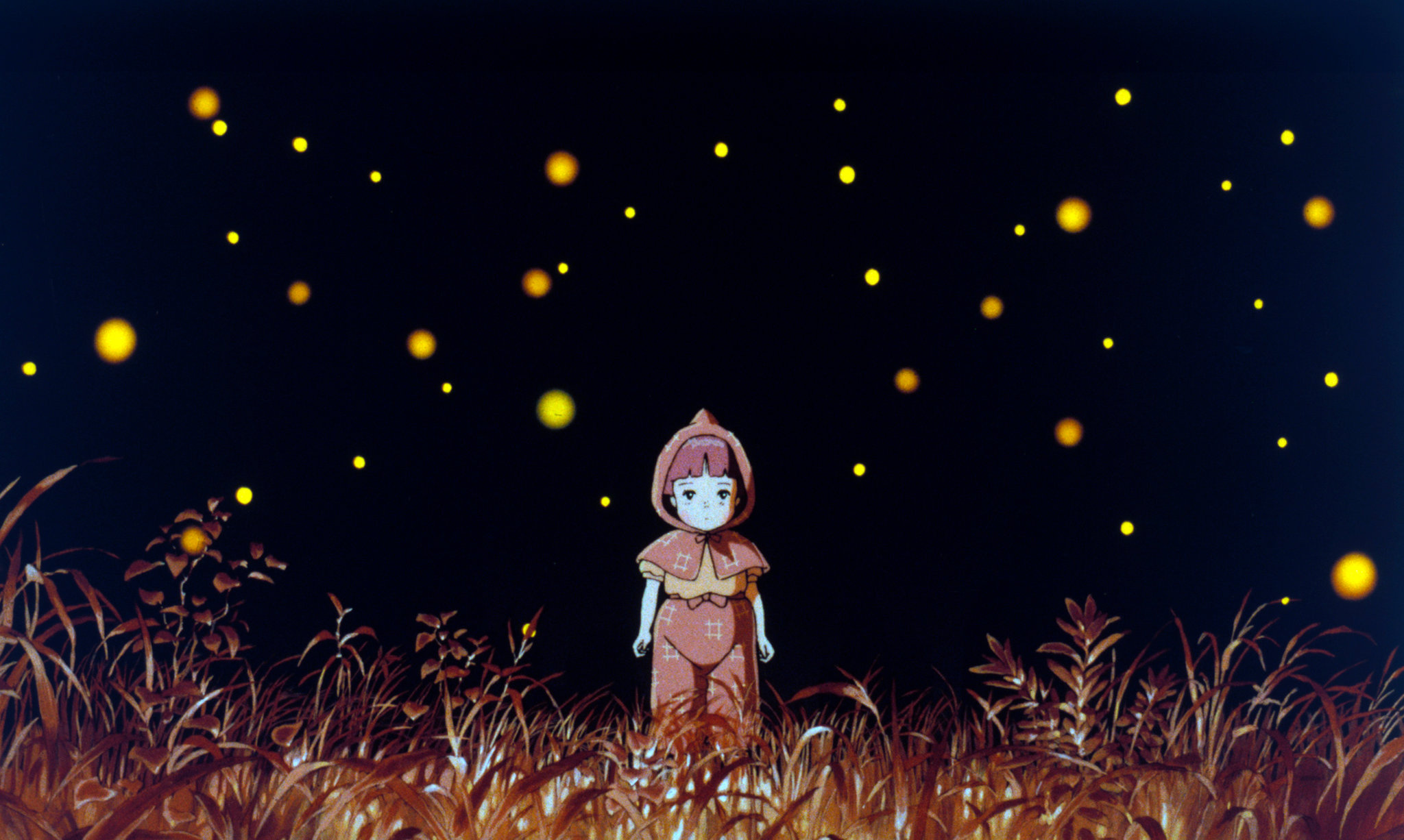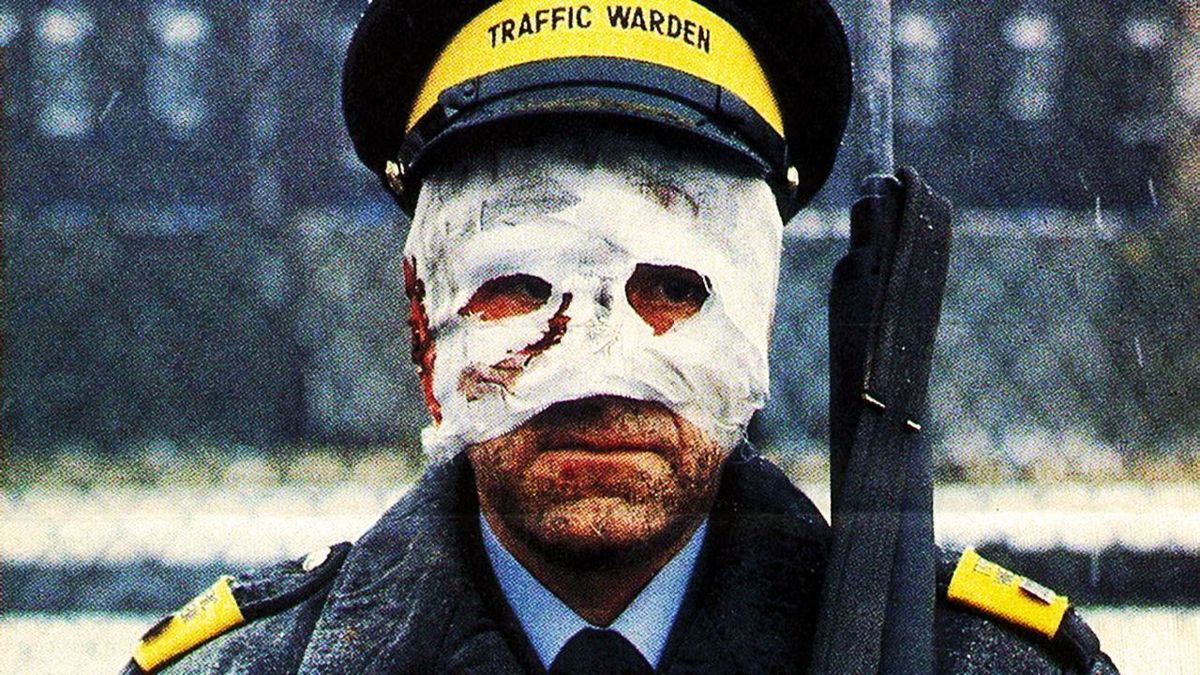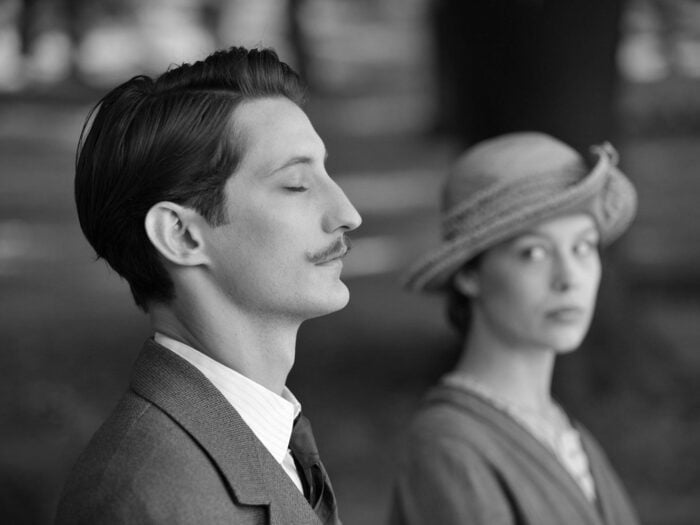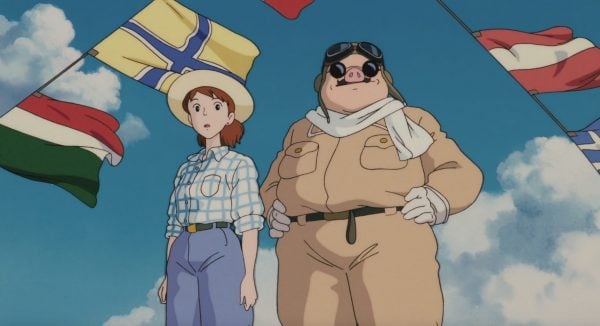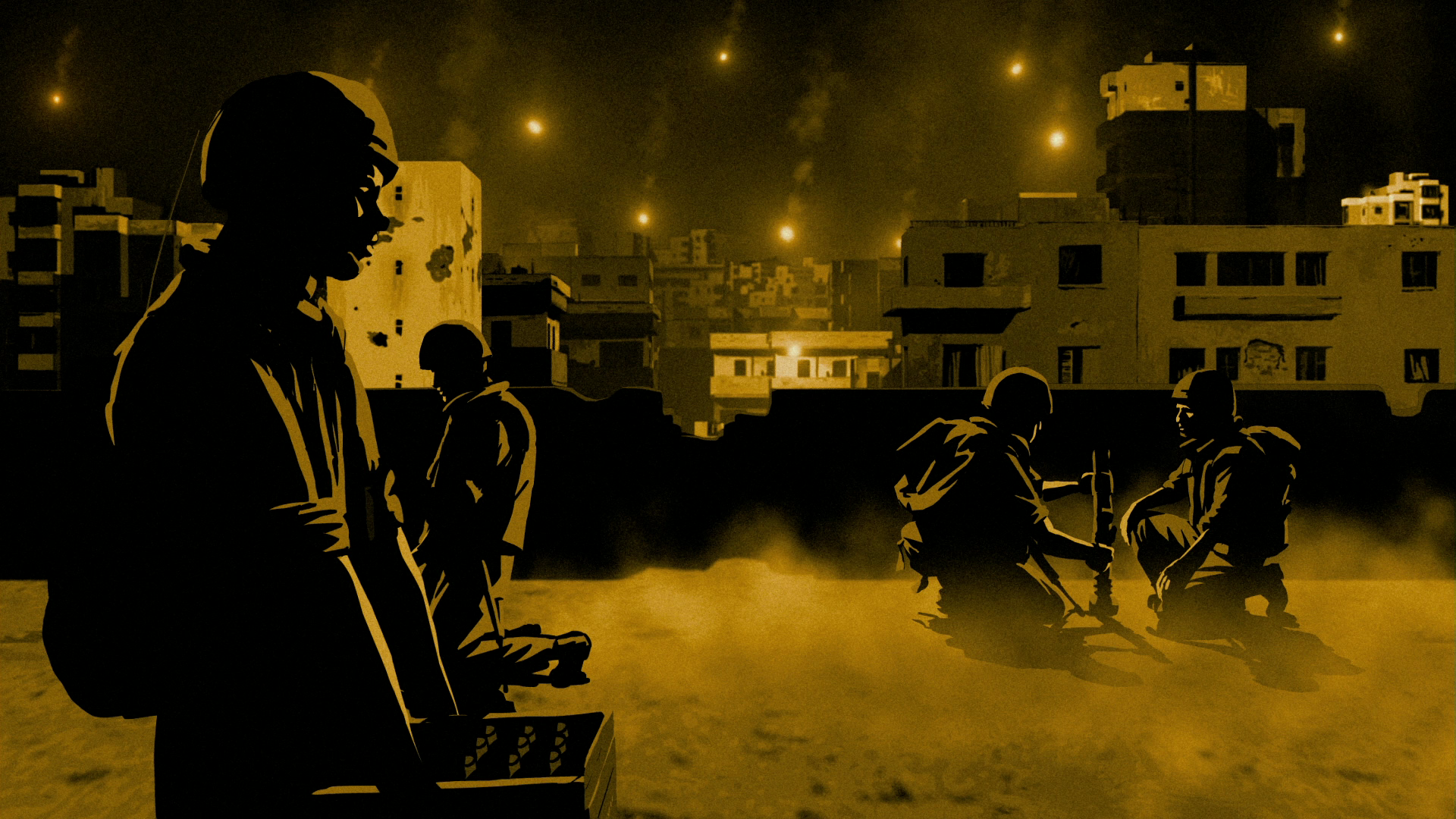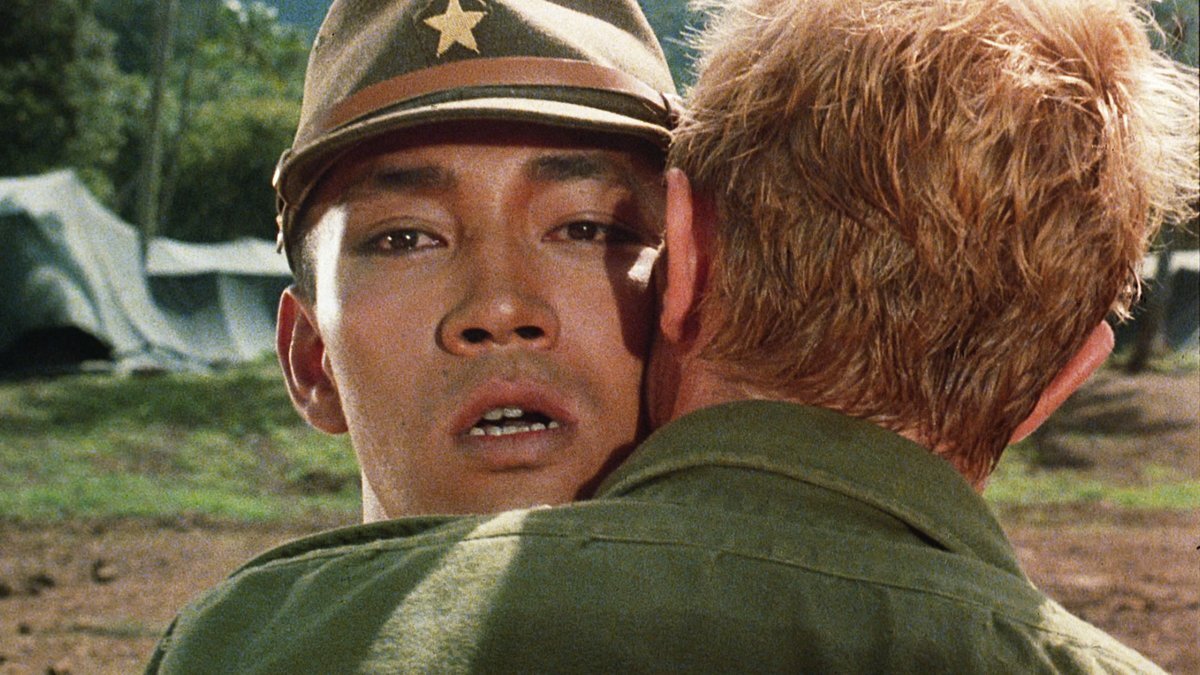
10 Best Anti-war Movies to Watch Right Now
May 4, 2024
Share:
How do you make an anti-war movie without accidentally glorifying it? It seems like an impossible task, considering you’d have to make blasts and executions look outstanding to make a mark. Consequently, many films regardless of the directors’ intent appear to be pro-war at times, inspiring a dangerous fervor among audiences. Jarhead, Full Metal Jacket, and even The Gladiator, for instance, are often accused of glamorizing warfare, despite their gruesome depictions that try to persuade people otherwise.
That said, a good anti-war movie clearly shows the costs and futility of conflict without compromising craft and quality. It seems impossible, but the movies we’ve gathered below prove that it isn’t. Here’s our list of the best anti-war movies you can stream right now.
Read also:
1. Persepolis (2007)
Genres
Director
Actors
Moods
Persepolis is the true story of Marjane Satrapi, the writer and illustrator whose graphic novels of the same name the film is adapted from. It details in vivid animation the trials of growing up in war-torn Iran, but also, crucially, the joys of being raised by a loving family and the significance of forming one’s own ideals and identity. In between revolving dictatorships and tightening restrictions, Marjane comes into her own and discovers what it means to live a meaningful life.
It’s a testament to Satrapi’s many talents that Persepolis never feels too flat or cynical given its 2D style and bleak backdrop. The drawings impressively morph with Marjane’s every thought, as if the ink itself were alive, and her wit persistently comes through in sharp observations and dialogues. Equally impressive is the film’s commitment to portraying war and conflict in a nuanced manner. In an autobiographical tale that is about Marjane’s coming of age as much as it is about her country’s survival, it’s never been more true that the personal is political.
2. A City of Sadness (1989)
Genres
Director
Actors
Moods
A City of Sadness is a film set in 1945, after Japan is defeated in the war and Taiwan is subject to uncertainties of a changing sociopolitical landscape. It follows the four Lin brothers, who each struggle in this tumultuous period — from Wen-heung, the eldest who gets on the bad side of a local gang, to Wen-ching, who chooses to stand against the Chinese Kuomintang government despite being deaf-mute.
Instead of turning to the usual machinations of a historical family drama, director Hou Hsiao-hsien shows the vast expanse of Taiwanese countryside through steady, beautiful cinematography. In urban areas, the camera moves in scenes of sudden violence, which it pans toward until it exits frame for us to only hear the screams of people offscreen. There are also quiet interludes that barely last a minute, where dynamics between characters depict the anxiety of the times. Tony Leung, who plays the deaf-mute brother, hasn’t refined the craft of subtle acting with his eyes yet, but traces of brilliance are already there.
The trauma of rapidly changing times, as a nation is exploited from one war to the next, is depicted so clearly. The authoritarian state erodes families, and Hou paints a picture of a society on the brink, a representation of 1940s Taiwan that feels more like a tragic poem than a film.
3. All Quiet on the Western Front (2022)
Genres
Director
Actors
Moods
All Quiet on the Western Front is a period epic that unflinchingly shows us the savagery and senselessness of war. Set at the tail end of World War I, it follows two main stories: that of German soldier Paul Bäumer (Felix Kammerer), whose boyish eagerness for warfare is diminished with each bloody step he takes towards the frontline, and that of Matthias Erzberger (Daniel Brühl), the real-life German politician tasked to negotiate a ceasefire between the French and German forces.
Grim and sobering, the movie will leave you nothing less than stunned after viewing. Like 1917 before it, All Quiet on the Western Front relies on the juxtaposition of raw brutality and peaceful quiet to effectively forward its anti-war message. The film is Germany’s official entry for the 2023 Academy Awards.
4. For Sama (2019)
Genres
Director
Actors
Moods
This story of a filmmaker who stayed in Aleppo, Syria during the war, got married then had a child called Sama, is a mix of difficult and inspiring.
There are stories of unsurmountable loss, as the filmmaker’s husband is one of the 30 remaining doctors in Aleppo (a city of almost 5 million), and she films many of the victims that come to his hospital. But while this is happening, there are also uplifting stories of resilience and rare but profound moments of laughter and joy.
We’re growing too sensitized to violence in Syria, and this movie, possibly the most intimate account of the war, can stir back a much-needed awareness of the injustices that take place.
When things get really bad in the documentary, it’s hard not to wonder where the humanity is in all of this. You quickly realize that it’s right there, behind the camera, in Sama and her mother’s will to live.
5. Grave of the Fireflies (1988)
Genres
Director
Actors
Moods
Perhaps the most depressing but vital movie produced by animation giant Studio Ghibli, Grave of the Fireflies is a searing and sweeping drama that covers the horrors of World War II through the eyes of teenager Seita and his young sister Setsuko. Between the violence of war and the tragedy of loss, the siblings struggle to preserve not just their lives but their humanity. In typical Ghibli fashion, there are moments of gentle beauty to be found, but instead of conflicting with the overall stark tone of the film, they successfully underscore war’s futility and brutality, making Grave of the Fireflies one of the most important anti-war narratives ever told.
6. Merry Christmas, Mr. Lawrence (1983)
Genres
Director
Actors
Moods
The tragic irony of war — that, if battling soldiers had been born in any other time or place, they may well have been friends with each other — takes center stage in this brilliant drama set in WWII-era Java. It’s a theme best encapsulated by Captain Yonoi (Ryuichi Sakamoto in his film debut), the bushido code-following commandant of a Japanese POW camp: “How wonderful it would have been if we could have invited all of you to a gathering under our cherry trees,” he muses to the titular British Lieutenant Lawrence (Tom Conti), one of his prisoners.
Lawrence is the camp’s mediator, and not just because he’s fluent in Japanese; in the culture clash microcosm that is the camp, he is uniquely understanding of his captors’ way of life. That earns him special privileges of sorts from the camp’s often brutal enforcer (Takeshi Kitano), but this pales in comparison to the instant partiality with which the charismatic Major Jack Celliers (David Bowie) enjoys, courtesy of a smitten yet deeply repressed and tormented Yonoi. This psychosexual undercurrent bubbles furiously throughout Merry Christmas, Mr. Lawrence, deepening its (already poignant) lamentations about war’s humanity-stripping effect and the self-imposed prisons that are honor and shame.
7. Threads (1984)
Genres
Director
Actors
Moods
Named for all the connections that form a functioning society, Threads is a harrowing look at what might happen when those ties are rent apart by nuclear war. This British TV movie — released during the Cold War — so violently seized on the nuclear anxieties of the time that its premiere was dubbed “the night the country didn’t sleep.” Depressingly, it hasn’t lost that initial resonance, and so it remains a panic attack-inducing watch.
Threads begins in the kitchen-sink vein of a Ken Loach movie. In the northern industrial town of Sheffield, a young couple from different social classes (Reece Dinsdale and Karen Meagher) discover they’re about to be parents — but looming above their small-scale drama are the clouds of war, as televisions and radios blare out the details of escalating tensions between the US and the USSR. And then, it happens: the town is strategically bombed, and Threads unfurls into an unrelenting nightmare. In the documentary-like approach that follows, it spares no graphic or emotional detail, charting both the personal devastation caused by the bomb and the annihilating impact of the nuclear holocaust on all the vital infrastructure we take for granted. In short, one of the bleakest, most terrifying movies ever made.
8. Frantz (2016)
Genres
Director
Actors
Moods
It’s always fun to watch something that makes you second guess each move, that shifts seamlessly from one thing to another. Frantz is that kind of film, and as the deceptively simple premise unfolds—a widow befriends her late husband’s friend—you’re never really sure if what you’re watching is a romance, a mystery, or a sly combination of both.
It helps that Frantz is also more than just a period piece, packed as it is with tiny but thoughtful details. When it is filled with color, for example, it does so in the muted palette of 1900s portraits, making each shot look like a picture come to life. When it talks about love, it goes beyond heterosexual norms and hints at something more potent and, at times, political. And when it takes a swing at melodrama, its actors ground the moment with enough restraint and reserve so that it never teeters on excess. All this results in a well-executed, gripping, and overall lovely film to watch.
Read also:
9. Porco Rosso (1992)
Genres
Director
Actors
As impressive as Studio Ghibli’s collection of films are, I am still stubborn to believe that Porco Rosso is its most underrated film. Porco Rosso, directed by Hayao Miyazaki, is the story of a World War military aviator-turned-bounty hunter who has mysteriously been transformed into a pig.
Bright with humor, heart, and flight (Miyazaki is largely influenced and inspired by the art of aviation), Porco Rosso manages to also acknowledge and reckon with the horrors of war. It also boasts one of, if not the greatest, line in any Ghibli film: I’d rather be a pig than a fascist.
10. Waltz with Bashir (2008)
Genres
Director
Actors
Moods
In Waltz with Bashir, director Ari Folman grapples with the trauma and dehumanization of war by examining the role he played in the 1982 Invasion of Lebanon. But his memories are fractured, so in an attempt to piece them back together, he visits his comrades and has them recall the events for him. The result is both poignant and painful, a horrific tell-all of what happens on both sides of the battleground. The film is a documentary, chillingly honest and straightforward, but it’s also an animation gem that continues the legacy that Persepolis started and Flee continues. By combining the harshness of war with the lightness of animation, all three films effectively deliver their anti-war message with a much-needed human and personal touch.
Comments
Add a comment
Ready to cut the cord?
Here are the 12 cheapest Live TV streaming services for cord-cutting.
More lists
Lists on how to save money by cutting the cord.
Curated by humans, not algorithms.
© 2025 A Good Movie to Watch. Altona Studio, LLC, all rights reserved.
